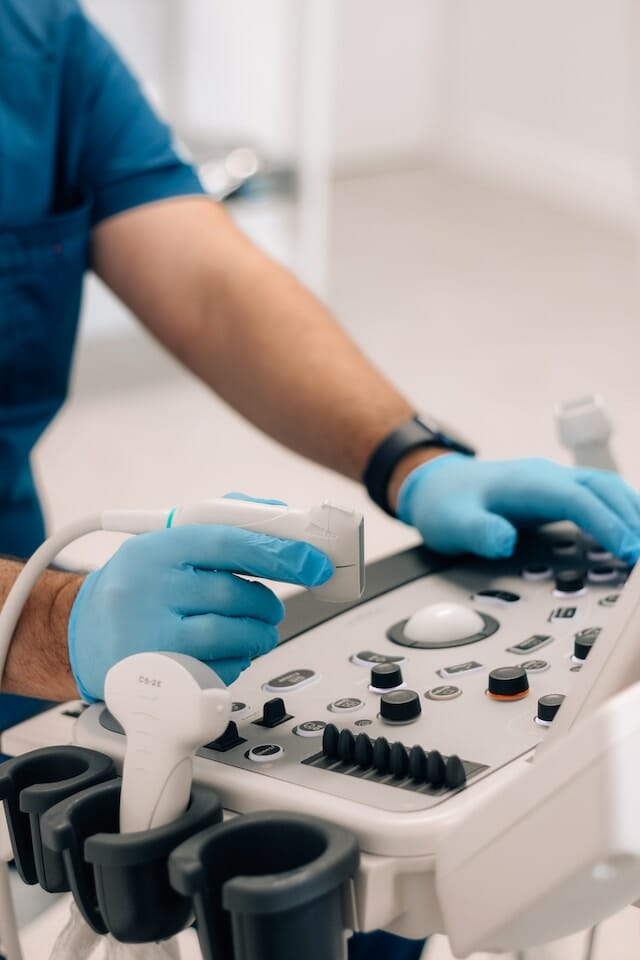Did you know that your breasts have their own unique microbiome?
A study has shown for the first time that breast cancer has been linked to a decrease in bacterial diversity.
Bacteria that live in the body, known as the microbiome, influence many diseases. Most research has been done on the “gut” microbiome, or bacteria in the digestive tract.
Researchers have uncovered differences in the bacterial composition of breast tissue of healthy women vs. women with breast cancer. The research team has discovered for the first time that healthy breast tissue contains more of the bacterial species Methylobacterium, a finding which could offer a new perspective in the battle against breast cancer.
This study took the first step in this totally new direction of cancer research by showing that healthy breast tissue has a different bacterial composition than cancerous tissue. They hope this will help them find a way to detect the disease earlier and diagnose it more efficiently.
This study suggests that there are certain bacteria that prevent cancer and certain bacteria that seem to be “pro-cancer.” The future of cancer prevention and treatment could have a lot to do with targeting these bacteria and creating an environment in the body that promotes healthy bacteria.
One of the authors of the study, Charis Eng, M.D., Ph.D.—chair of Cleveland Clinic’s Genomic Medicine Institute and director of the Center for Personalized Genetic Healthcare said “In our wildest dreams, we hope we can use microbiomics right before breast cancer forms and then prevent cancer with probiotics or antibiotics.”
STUDY REFERENCE – Hannah Wang, Jessica Altemus, Farshad Niazi, Holly Green, Benjamin C. Calhoun, Charles Sturgis, Stephen R. Grobmyer, Charis Eng. Breast tissue, oral and urinary microbiomes in breast cancer. Oncotarget, Oct 2017; DOI
Microbiome Links to Treatment Response
Emerging studies also are demonstrating the potential of gut microbiota to predict treatment response in several tumor types.
This adds to a growing toolbox that personalizes treatment for cancer patients.
Such knowledge not only could help predict patients who might benefit from specific types of cancer treatment, it also could reduce common adverse and toxic side effects triggered by some cancer therapies.
CLICK HERE for link to article “The Role of the Gut Microbiome in Breast Cancer Progression

OTHER BLOGS ON THIS TOPIC





























